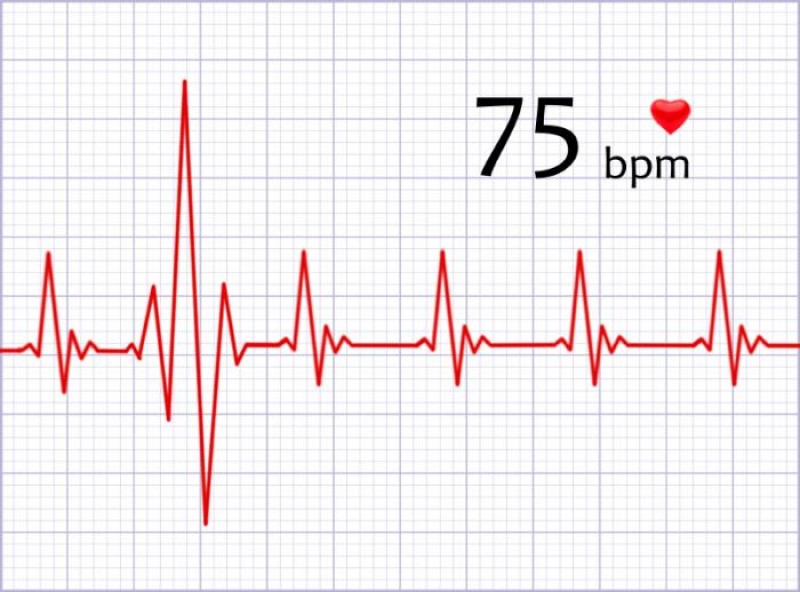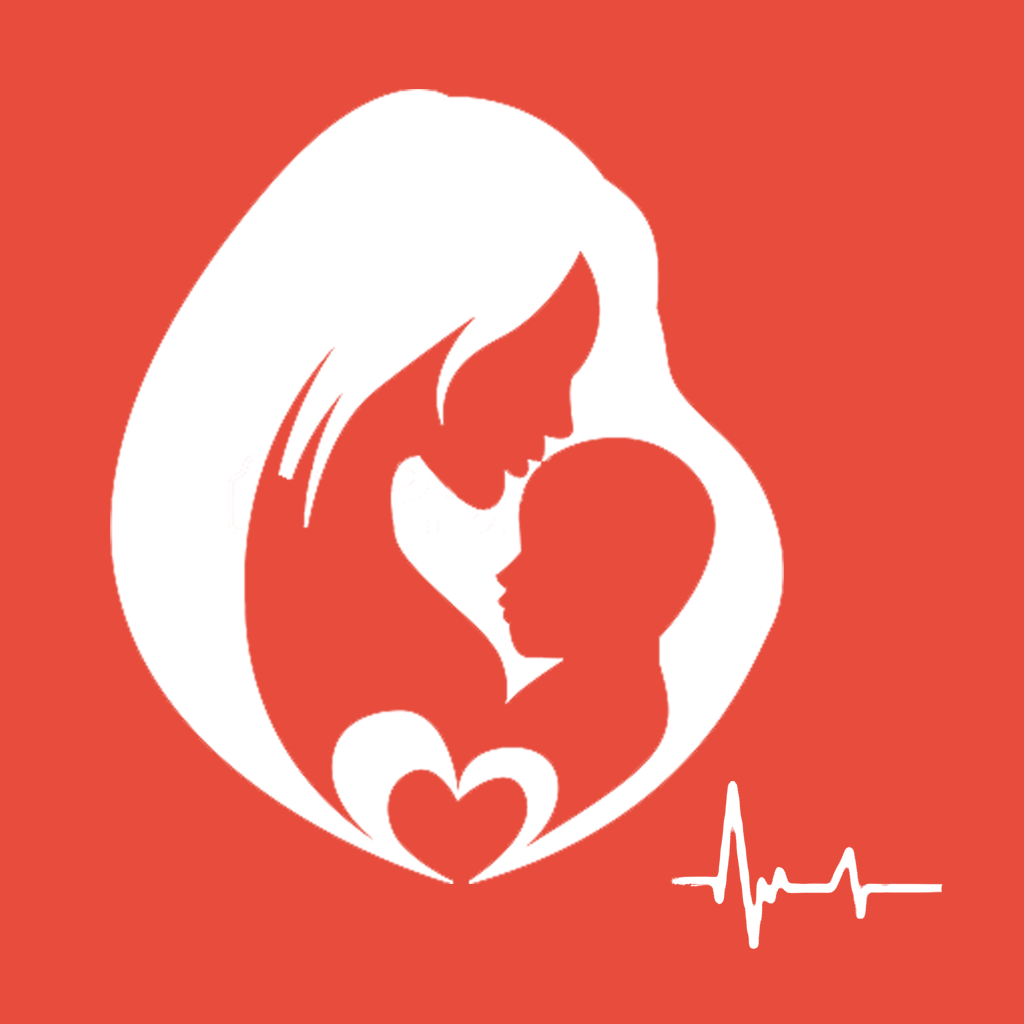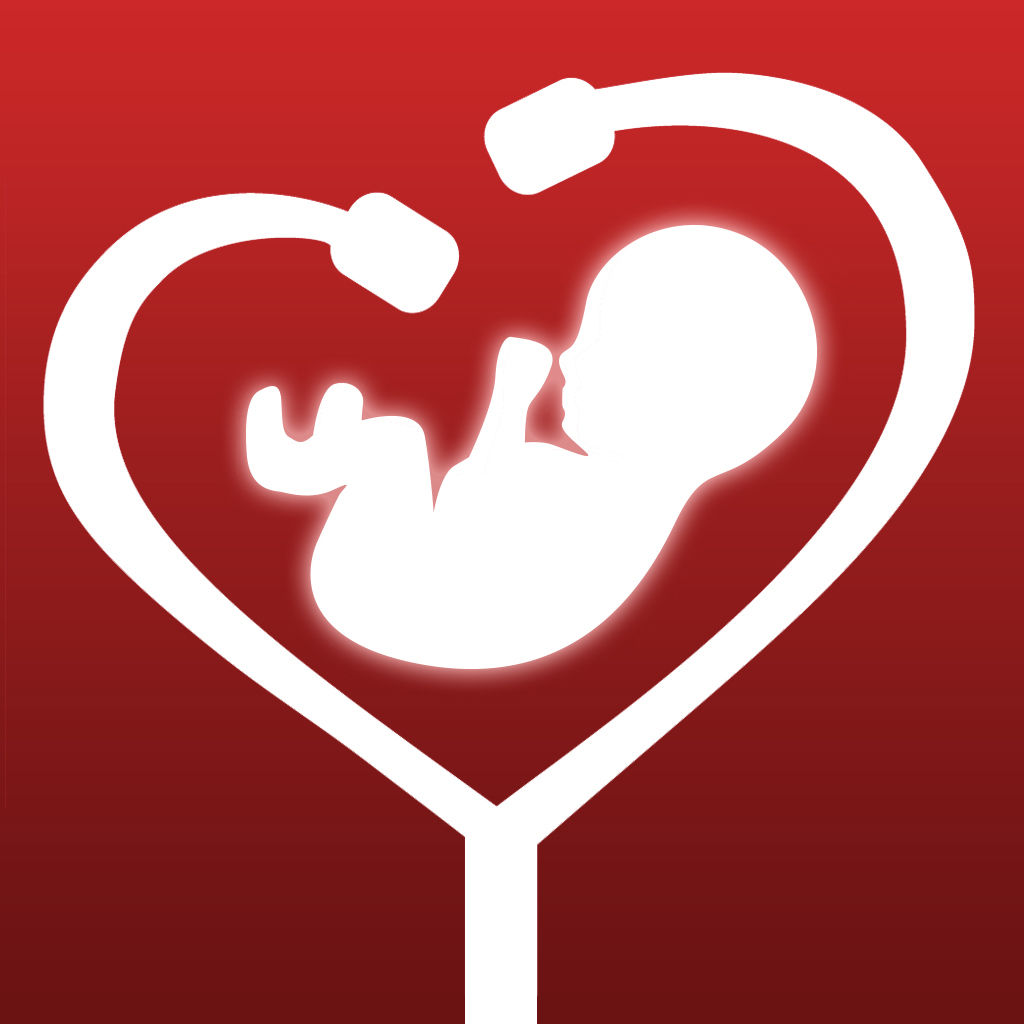
Fetal arrhythmia refers to any abnormality occurring in the heart rate of the baby. These may include tachycardia, which is an increased heart rate or bradycardia, which is a slowed heartbeat.
The normal heart rate of a fetus is usually between 120 and 160 beats per minute. Fetal arrhythmia which is rare and occurring in only 1-2% of pregnancies is normally a temporary, benign occurrence. However, on rare occasions, irregular heart rhythm may lead to death.

Fetal arrhythmia is linked to a number of possible causes and healthcare providers may not be able to pinpoint the source, especially if the abnormal rhythm is transient.
Pregnant women are advised to limit their caffeine intake to 200mL since studies reveal that high caffeine consumption may lead to heartbeat irregularities. Arrhythmia may be normal at some point of development stage. During the second trimester, the baby’s heart may begin to beat irregularly as the electrical pathways of the heart mature. This is natural unless arrhythmia lasts for a considerable period of time.
Some arrhythmias may cause a structural abnormality of the heart where appropriate action necessary. If the baby’s heart rate is consistently high, doctor may prescribe medication to be passed through the placenta to the baby which help to regulate the heartbeat.

Fetal arrhythmia is usually rare and in most cases will resolve by itself. In the unusual cases where arrhythmia is severe, the baby may be born with a heart irregularity that is managed throughout his or her life. There is a rare chance of fetal death while in the womb or during delivery.
Consult a health care provider to monitor the heart rate and well-being of your baby. However in rare cases, your healthcare provider may refer you to a fetal cardiologist for further evaluation.
It is the most powerful creation to have life growing inside of you.There is no bigger gift